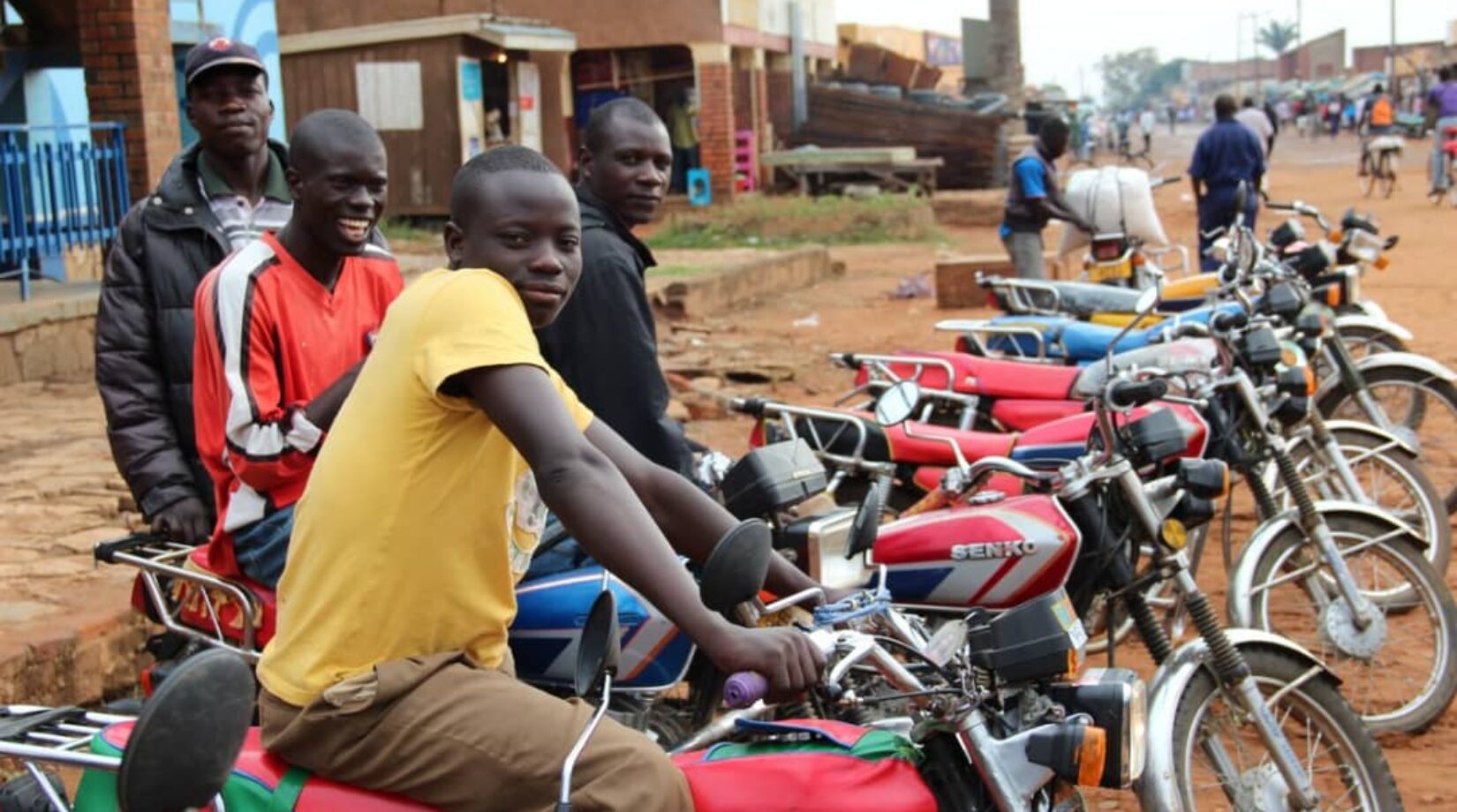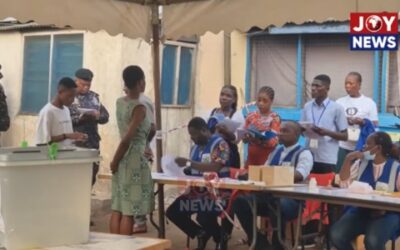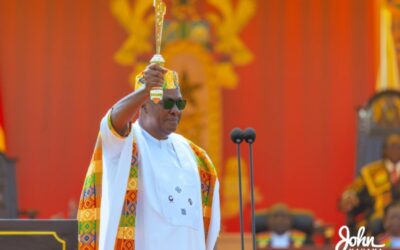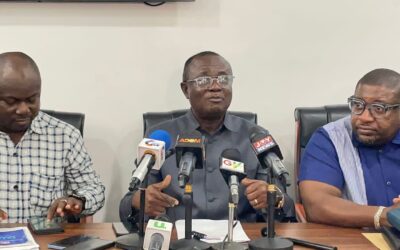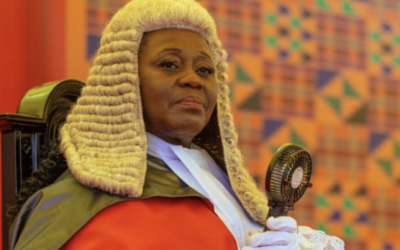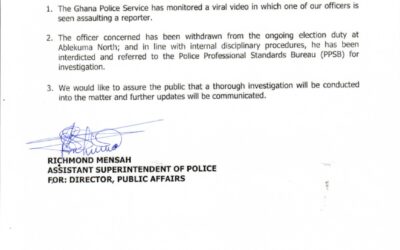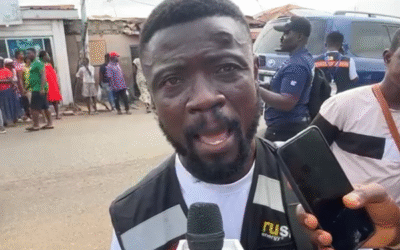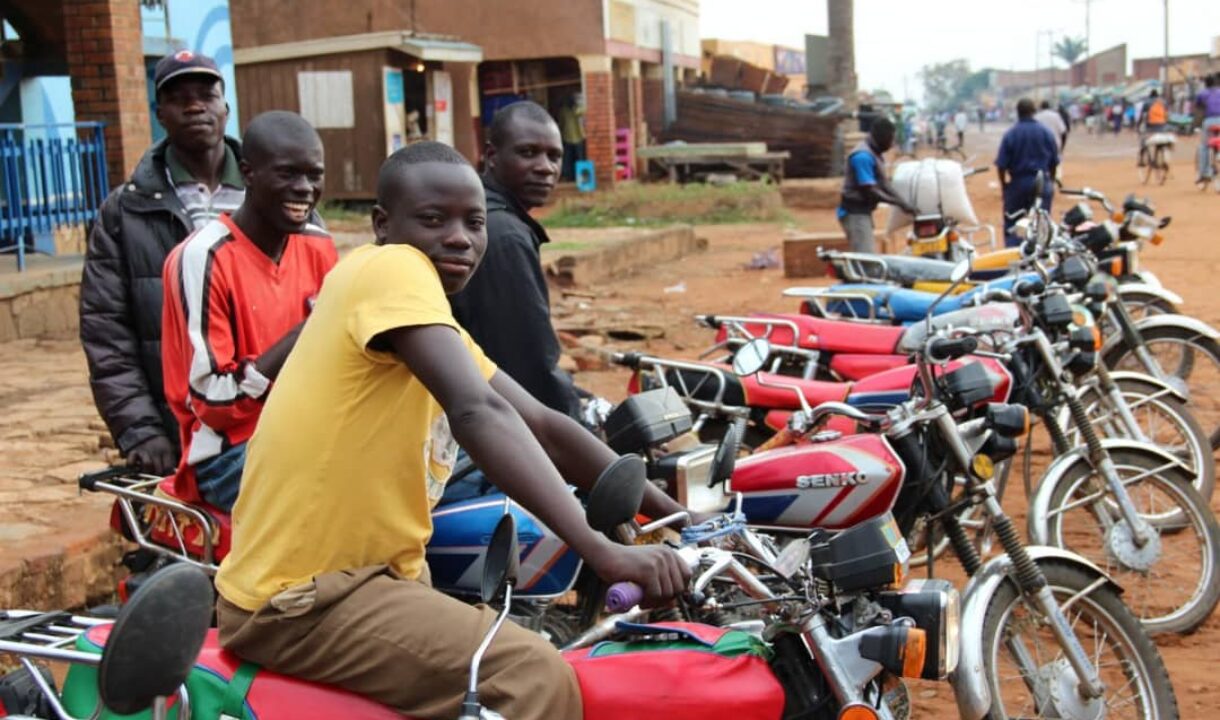By Sandra Kuntu-Blankson,A Level 300 GIJ student
The use of motor-bikes is fast becoming another means of public transportation in Ghana even though it has not yet been legalized and well-regularized.
Despite this, some citizens use this means since it provides a faster alternative of getting them to their various destinations especially during heated “rush hour” periods and traffic jams. This has also kept the riders who are mostly youths in business with the claims of no job opportunities in the country.
These youths who are usually Senior High School leavers and some tertiary graduates, take to “the okada business” (as it is commonly called) in order to earn their livelihood.
However, this is not the case in Kutunse, a suburb of Accra. In this developing town, the people involved in the “okada” business are rather school going children at the basic school level. These children rush to their “okada” business immediately school closes and occasionally even skip school for the business. As a result of this, they are negatively affected in their academics. Not only are they affected academically, but this choice of business exposes them to various risks and certain vices which are not suitable for them at their age.
An interview with a child involved in the “okada” business revealed he is in the business for nothing but the money. He said “I was introduced to this business by a colleague rider who is now a school dropout but a full time rider. I’m fully aware of the effects it’s having on my academics but I’m still involved in it because of the money I get from it.”
He also disclosed that, he gets a minimum of thirty Ghana cedis after paying sales to the owner of the motorbike and he usually gets more on a good day. He explained that, he gets this amount because he usually rides after school and further explained that, those that ride on a full-time basis accrue about three to four times what he averagely gets on a daily basis.
Speaking to an educator about his students involved in this business in the town, he expressed his displeasure about the issue and added that some of these boys are involved in the business for genuine reasons. “Some of these boys are into the okada business out of peer pressure. They find themselves riding because their friends are doing so or their friend bought a shoe and they think it’s nice and they’re told the source of the money for purchasing the shoe so they join to be able to buy some. On the other hand, some of these children genuinely join the business because they need the money for their upkeep.

The Okada ridders
Such boys are usually taking care of themselves or even breadwinners of their families. This business affects them greatly in their academics because they do not study their books as they usually get home tired after a hard day’s work.”
This reliable source also disclosed that, children who are involved in this business perform poorly at school as their attention shifts from their books to making money. He added that, “these children are usually seen keeping track of time and just waiting for the closing bell to ring so they can return to their business instead of concentrating on things being taught in class. What makes things worse is that, some even stay out of school for days and sometimes weeks to stay in business and even if they’re good students academically, they begin to perform poorly,” he added.
Subsequently, according to the Centre for Social Justice education expert in the person of Mr. Nii Armah Addy, the “okada” business in itself is not a bad thing since it serves as a means of transport in predominantly capital cities of Ghana where the numbers are huge in terms of the population with huge scores of people preferring this means since it has proven effective during traffic jams. However, he bemoaned that, the approach to the “okada” issue in general has been mis-guided. He waxed lyrical in explaining that the “okada” business is also very popular in Eastern Africa where it has been labelled “Bodaboda.” Nevertheless, the entire system is well regulated and provides a much safer option of transport. Moreover in Rwanda, the system is well regulated such that “motorcycle taxis” are digitized and legally regulated with riders subject to prescribed speed limits and road traffic rules.
He further added that, unlike our Eastern neighbours, the Ghanaian approach was far from ideal even as this topical issue became politicised with one major political party aiming to regularize the entire system whilst the current government of the day promised offering cheaper vehicles as an alternative, but this promise has failed to materialise.
Regarding his expert opinion on the subject matter of school going children resorting to the business of “okada” as a means of survival whilst relegating their studies to the background, Mr. Addy stated that, all stakeholders were to blame, right from the family, teachers, the educational system as a whole and government as well.
He opined that parents of a child or a family rooted in deep seated poverty would turn a blind eye to their child who is involved in the business since such a child will help with the upkeep of the family with the income acquired. Furthermore, he also posited that several children were involved due to peer pressure and maintaining a certain societal status even as some at that young age had girlfriends as well.
Additionally, he also believed that the current policies on education especially at the basic level had dis-empowered teachers from enforcing disciplinary measures in the name of equal access and opportunities irrespective of certain societal ills and circumstances. Mr. Addydescribed the palpable failure on the part of the police and government as a whole in the regulation of this ubiquitous mode of transport.
Regarding the effects of this pervading canker, Mr. Nii Armah Addystated that, that aside the academics of the children being severely affected, the consequences were deleterious to society as a whole right from the family which is seen as the very foundation of society. He further explained that, families whose children are involved in the “okada” business could lose their children or have children who are amputated or rendered incapacitatedsince they could be involved in gory road traffic accidents. Subsequently, he specified that, the “okada” practice constituted child labour especially as the children are subjected to exploitation such that it interferes with their ability to attend school regularly and interferes with their entire childhood experience; be it physically, mentally, socially and morally. As a country, he asserted that the passive approach to the entire “okada” issue meant that there will inadequate skilled manpower in the long term even as the youth favoured the business whilst demoting their studies to the due to the difficult economic conditions within the country.
Mr. Nii Armah Addy was however optimistic that this pervading canker, could be nipped in the bud. In view of this, he believed that parents, teachers, counsellors and educationists should review the present educational policy. He also stated that, government should deliver on their promise in providing free quality education and free food to the populace who cannot afford whilst ensuring that those who can afford do so. He opined that, the approach of wholesale free education even for elite families is fast crippling this flagship programme such that a lot of compromises are being made in the provision of free food, free books and school uniforms. He further explained that, when this approach is adopted, children of school growing age would not use the “okada” business as an excuse since all their basic needs are being provided for. He believed that this approach should be adopted since it reflects the current educational and economic times. He cited an example where the “free education system” was implemented in the North in the 1940s by British colonialists and maintained by Ghana’s first President, Dr. Kwame Nkrumah with the aim of bridging the gap between Northerners and Southerners at the time.
Conclusively, quality education should not be compromised and proper education is an all-inclusive experience that is not limited to the classroom only. It shapes and equips individuals to become effective members of the society whilst contributing their quota to national development. Therefore, it is highly imperative that all the various stakeholders channel their concerted efforts since an investment in the proper education of children pays great interest.

